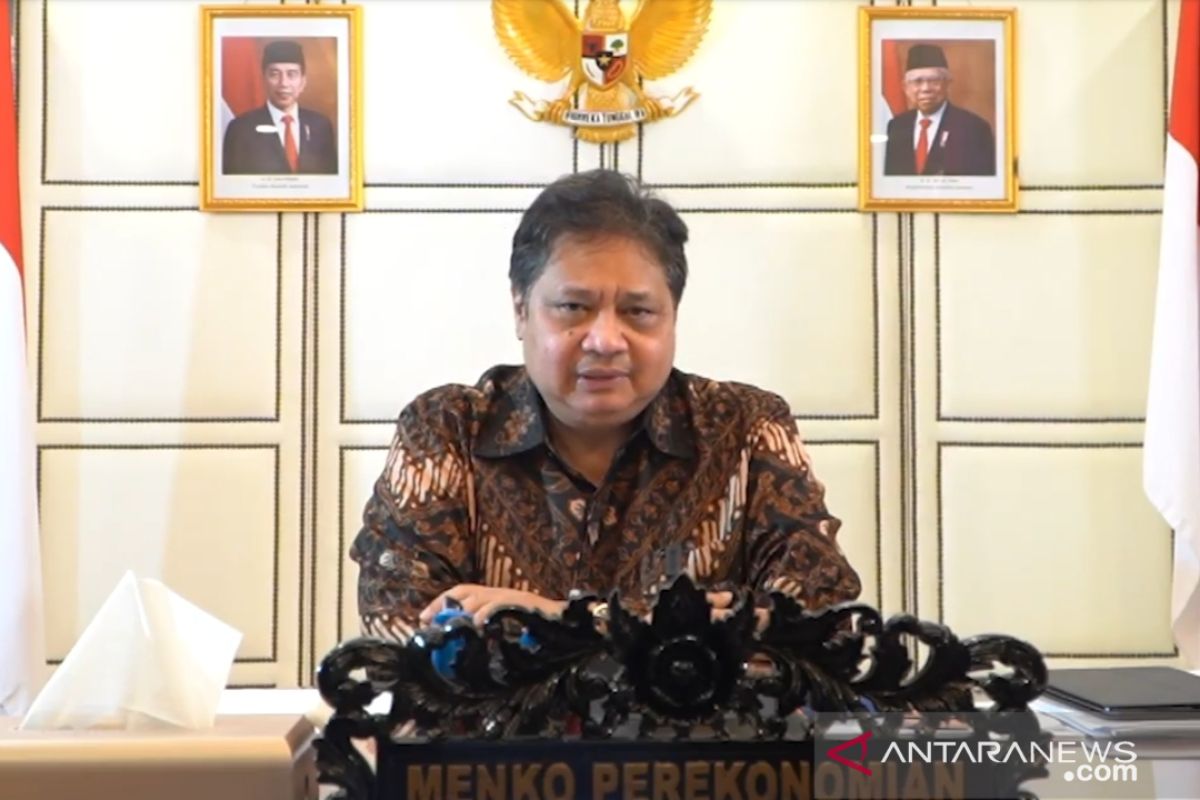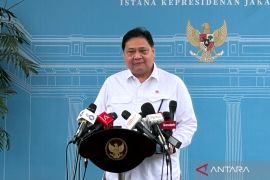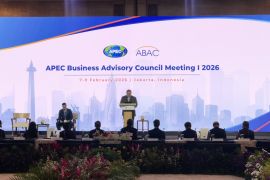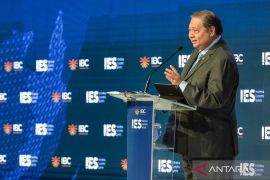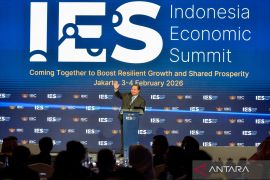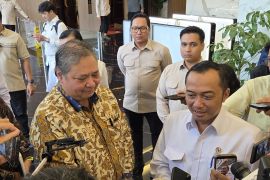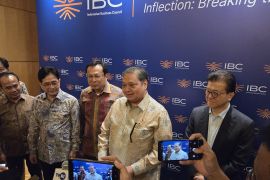The average remittance sent by the migrant workers reached US$9.8 billion per year , mostly from Saudi Arabia, Malaysia and Taiwan, during the period of 2015-2019, Hartarto said in a statement here on Sunday.
The government through the Indonesian Migrant Workers Protection Agency (BP2MI) has issued a regulation regarding the Exemption of the PMI Placement Fees, according to him.
Some 63 percent of Indonesians working abroad were graduates of junior high school or below. Over 50 percent of them worked in the informal sector, he said.
In line with the regulation, the government waives placement fees for the country's migrant workers in 10 types of positions including housekeepers, babysitters, elderly caregivers, cooks, drivers, garden nurses, child caretakers, janitors, plantation workers, and crew of fishing vessels.
The exempted fees include departure and return tickets, work visas, legalization of work agreements, job training, competency certificates, and accommodation.
Related news: Entikong border crossing admits 100 migrant workers daily: Official
"The cost of training and work competency certificates will be borne by respective regional governments in collaboration with educational and job training institutions," he said.
However, owing to the COVID-19 pandemic, the dispatching of Indonesian migrant workers in 2020 decreased by 59 percent and the remittances by 17.5 percent compared to those in 2019.
To mitigate the impacts of the pandemic on the public, the government had distributed Subsidized Microcredit Program (KUR) loans amounting to Rp372 billion as of December 2020.
In addition to, the government has also carried out Pre-Employment Card Program at 92 service points throughout Indonesia and provided training for unemployed citizens.
Related news: KUR disbursal reaches Rp183.78 trillion as of September 20
Translator: Agatha OV, Fardah
Editor: Rahmad Nasution
Copyright © ANTARA 2021
